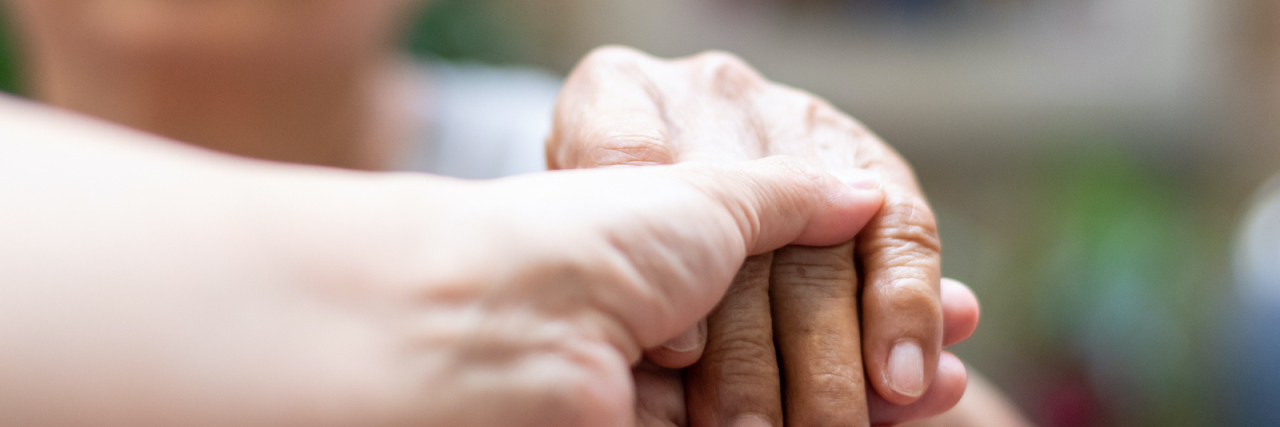Twenty months ago I was thrown into the role of caregiver unexpectedly. Before I could process what was happening, I was helping my mother through recovery from brain surgery and then through unforgiving treatment for an aggressive breast cancer. The diagnoses came just weeks apart from each other and shocked us both. Not exactly what I had planned leading up to my 21st birthday. On top of that COVID added an extra challenge to the situation.
I can’t say that we have come out the other side yet, but it is my second Caregiver Awareness Month as a young caregiver. Last November my mother was in the middle of active treatment and we were having what I can now see as some of the most challenging moments of both of our lives. Now, we are able to step back a little bit and I am taking this month to reflect on some of the things I have learned through this time. They are a combination of realizations, advice I have received from others and things I wish I would have known 20 months ago.
1. Caring for another human being is really, really hard work. Before I was in the thick of it, I never realized how strong you have to be both physically and mentally.
2. Laughter is more important than (almost) anything else even in the most dire of circumstances. Humor is more powerful than I could have ever imagined.
3. The role of the caregiver is almost always overlooked. This was especially true during COVID when patients often had to attend appointments alone. The person who spends the most time with them and has the most responsibility in their lives is not asked their opinion and often not listened to. Especially if you are a young person acting as a carer, you have to be much louder and more forceful than you probably want to.
4. You can’t ever tell how sick someone is from looking at them. Something that sticks with me is when a doctor said to my mother “you don’t look like someone with a brain tumor.” Reassuring?… Actually, not at all. Because the world doesn’t work like that. Illness doesn’t work like that.
5. Advocate like your life depends on it. Because it does. I used to think that when you were in trouble someone from somewhere “in the system” would come and help you. Turns out that most of the time you not only have to go searching for help, you also have to fight to get it. Yes, it is exhausting.
6. Talk about death. Whether you or someone you love is sick or not, these discussions are some of the most important of your life (ironically). You never know when the course of your life could change or when it might be too late. These conversations are not morbid. They are empowering and allow for everyone involved to have peace of mind, knowing that they are doing what was wanted and planned.
7. Every day that you feel good is a gift. Sounds a bit cheesy, but so many days are taken for granted. If you can get out of bed, celebrate that and do a little dance.
8. Give yourself grace. Another young woman I met in a support group once told me this.
9. It hurts to be cared for sometimes. I don’t think it matters what age you are when you suddenly find yourself needing care, it’s painful to lose any degree of your independence. If someone allows you into their life at a time when they are so vulnerable, it is a great privilege.
10. Kindness means everything.
Getty image by Pornpak Khunatorn

